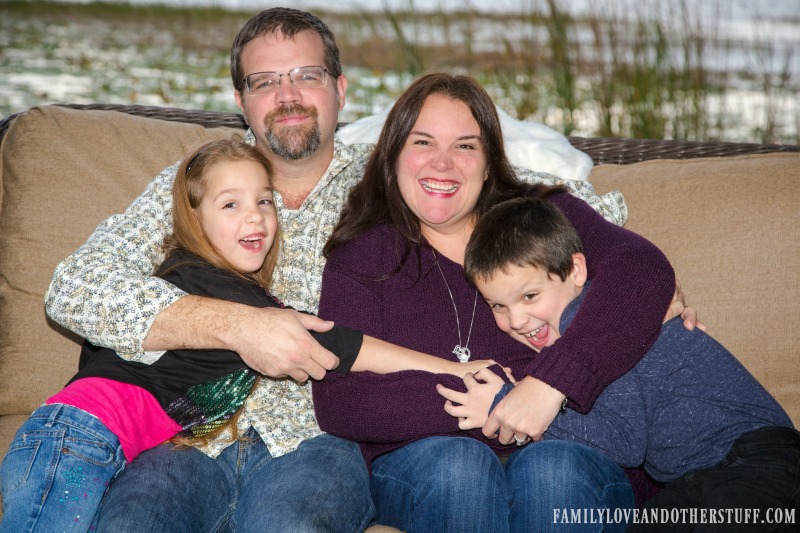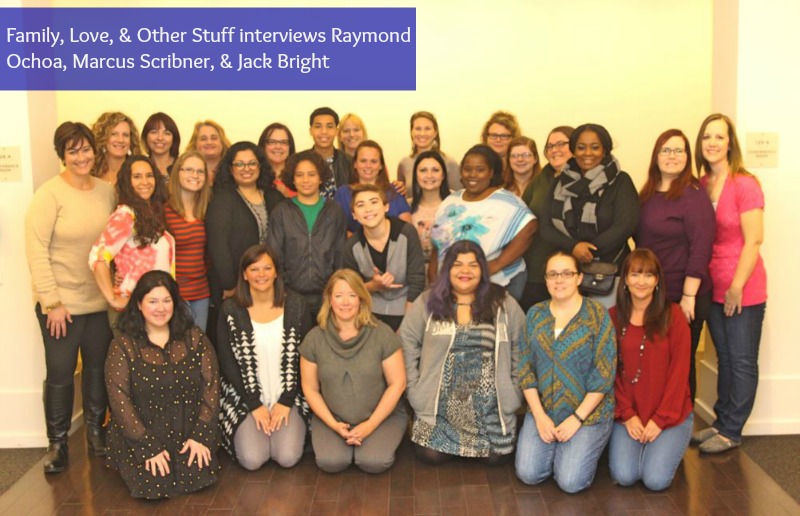Are your kids ready for Kindergarten?
My children are 4 and 5, but we will be starting Kindergarten homeschool this year with my son. Both of my children are tactile learners and we teach them using hands-on techniques. How do you teach your little ones and help them learn?
According to a report released today by Sesame Workshop, in part of the Kindergartners’ Skill at School Entry study, 44 percent of children enter Kindergarten with one or more factors that impact negatively on their ability to succeed in school. From a poverty level family to single parent households, high-risk children were found to not be able to comprehend curriculum as efficiently as low-risk students.
Based on the findings, Sesame Workshop will convene an advisory meeting with education and child development experts to discuss potential uses for Sesame Street’s library of content, as well as other actions that can support school readiness and academic success.
PRESS RELEASE
New York, NY, July 15, 2014 – Despite an increase in programs to level the playing field to give disadvantaged children opportunities for preschool education, there is still a strong relationship between socio-economic factors and how well American children fare when entering kindergarten. In fact, new research shows that 44% of children enter kindergarten with one or more risk factors based on their home environment. These risk factors are incrementally associated with lower school readiness scores for children than those with no such circumstances.
The findings are part of the Kindergartners’ Skills at School Entry report released today by Sesame Workshop, the nonprofit educational organization behind Sesame Street. The report, commissioned by the Workshop and written by Mathematica Policy Research Inc., provides an analysis of the Early Childhood Longitudinal Study, Kindergarten Class of 2010-11 focusing on the school readiness and abilities of beginning kindergartners.
“Preparing children for school has been part of Sesame Workshop’s mission since the beginning,” said Dr. Jennifer Kotler Clarke, Vice President, Research & Evaluation, Sesame Workshop. “There has not been an examination of children’s’ school readiness of this magnitude in more than 10 years and it’s important to us to understand the needs of children as they enter school. Given the risk factors children face, which puts them at a disadvantage for school success, we are continuing to find ways to use our educational content to help change these outcomes.”
The analysis examined four risk factors that have been associated with children’s development and school achievement: single parent households, mothers with less than a high school education, households with incomes below the federal poverty line and non-English speaking households. High-risk children (those with all four risk factors) were found to be almost a year behind their peers with no risk factors in their reading and math abilities.
The researchers also created composite readiness scores based on teacher ratings of children’s academic and social skills. Based on the researchers’ calculation, less than one-third of children were rated by teachers as “in-progress” or better on both reading and math skills.
“These nationally representative data show that at risk children start kindergarten well behind their more advantaged peers,” notes Jerry West, senior fellow at Mathematica and director of the study. “The evidence points to an opportunity to better support their healthy development before they enter kindergarten.”
Sesame Workshop is sharing its Sesame Street Framework for School Readiness in response to the findings of the Kindergartners’ Skills analysis. The Framework is a guide for content developers to use to better determine and understand what a typical developmentally age-appropriate content experience is around the fundamental school readiness skills. The Framework, developed by the Workshop’s Education and Research Department, describes the developmental progressions across the preschool years for specific curriculum objectives within the 20 core school readiness skills. The Framework guides Sesame Street content across all media platforms, as part of the organization’s mission to help children grow smarter, stronger, and kinder. The Workshop is also encouraging developers to use this resource to enhance the educational benefits of their content.
Based on the findings of the analysis, Sesame Workshop will convene an advisory meeting with experts in education and child development to discuss potential uses for Sesame Street’s library of content, as well as other actions that can support school readiness and academic success.
The Kindergartners’ Skills at School EntryEarly Childhood Longitudinal Study is a national examination of about 15,000 children who entered kindergarten in fall 2010, and uses direct child assessments in addition to interviews with parents, teachers and school administrators. The study will follow children through the fifth grade. ECLS-K:2011 is funded by the U.S. Department of Education.
Sesame Workshop is the nonprofit educational organization behind Sesame Street which reaches 156 million children across more than 150 countries. The Workshop’s mission is to use the educational power of media to help children everywhere grow smarter, stronger, and kinder. Delivered through a variety of platforms, including television programs, digital experiences, books and community engagement, its research-based programs are tailored to the needs of the communities and countries they serve. For more information, visit us at www.sesameworkshop.org.
Mathematica Policy Research seeks to improve public well-being by conducting studies and assisting clients with program evaluation and policy research, survey design and data collection, research assessment and interpretation, and program performance/data management. Its clients include foundations, federal and state governments, and private-sector and international organizations. The employee-owned company, with offices in Princeton, NJ; Ann Arbor, MI; Cambridge, MA; Chicago, IL; Oakland, CA; and Washington, DC, has conducted some of the most important studies of health care, international, disability, education, family support, employment, nutrition, and early childhood policies and programs.




